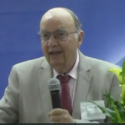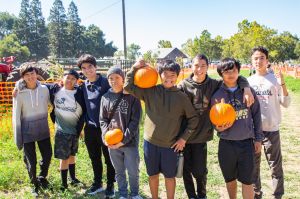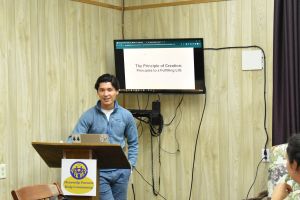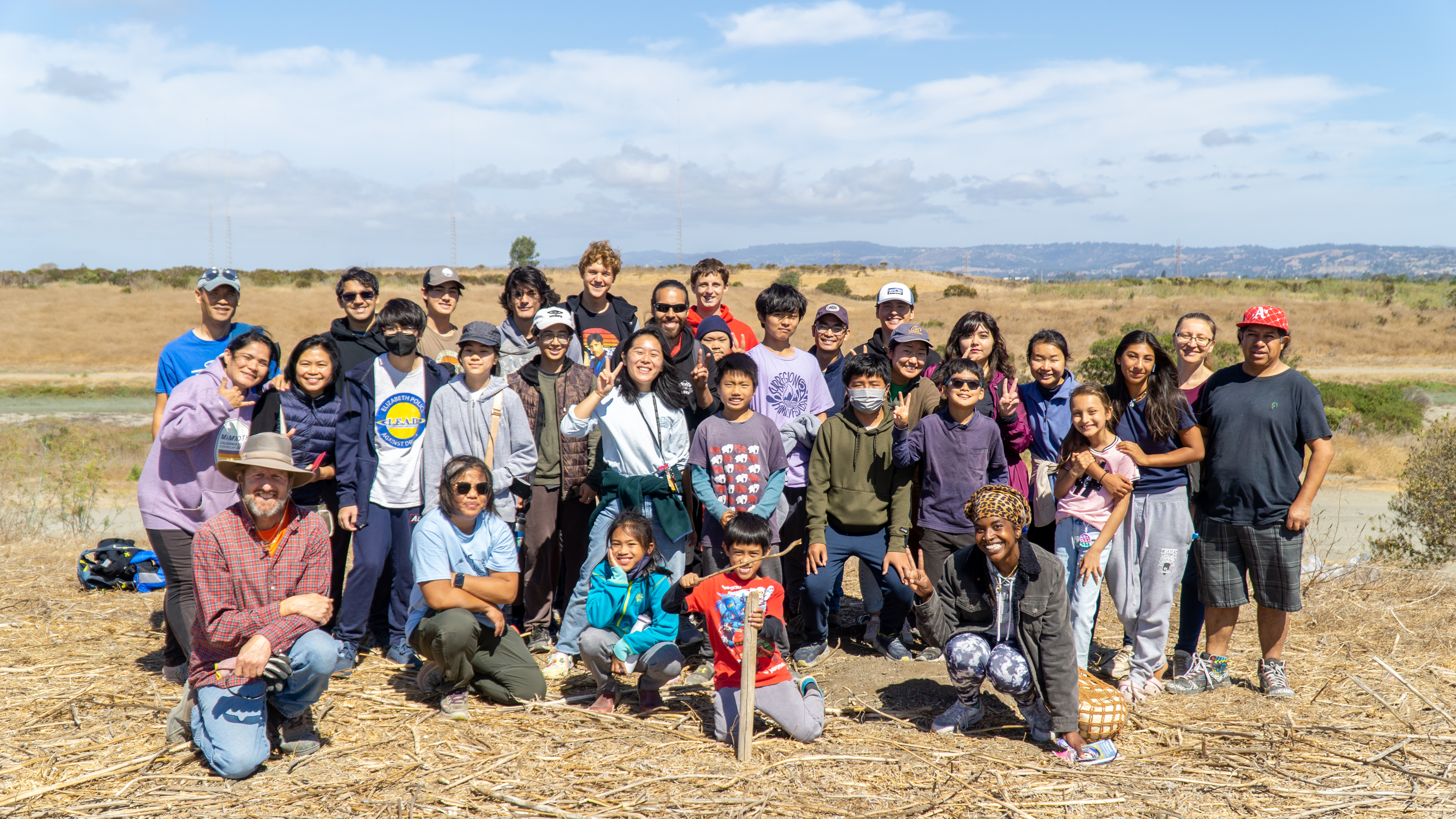Kindness
First empathy in Berkeley, now Kindness in Southern California. "New UCLA institute will study - and spread - kindness" reads the headline in today's paper. Although kindness has been recognized as a human strength by positive psychology, the research institute at UCLA will seek to provide data to support how kindness leads to health and well-being.
A uniqueness of the UCLA institute is that research will be combined with activism. Publications, training, and public forums will promote the value of kindness in leading to individual health and the common good. Researchers define kindness as "an act that enhances the welfare of others as an end in itself." We have come a long way from where psychology focuses on what's wrong with people to what brings a person good health.
It might surprise UCLA, as it did me, to learn that a World Kindness Day already exists. It was established in 1998 by a number of NGOs and is observed in Canada, Japan, and a number of other countries. The purpose was to recognize the virtue of kindness and to promote acts of kindness. As a virtue that applies to all people, it transcends obstacles that divide us.

All virtues are meant to enhance human dignity and promote good character. The Oxford English Dictionary (OED), the most comprehensive dictionary, offers a definition of "kind" meaning "of a person of noble birth; having the personal qualities associated with, or befitting a person of noble birth; noble in manner or conduct." So a kind act raises our stature as human beings.
We are all aware of the Golden Rule, but how many of us are motivated by it each moment. The value of early childhood education is that we can promote kindness each day through literature, play, and activities that promote kindness. For example, the "kindness and justice challenge" at The Principled Academy is one activity that promotes kindness throughout the school and beyond.
The challenge has been done for a number of years at the school, usually during the month that the nation celebrates the life of Martin Luther King, Jr. (As with all our activities at the school, we always try to connect with the curriculum). Each class in the school is represented by a number on the wall. Students are then given post-it stickers, each of which represents an act of kindness. As a student does an act of kindness, the
sticker is placed on his or her class number. During a two-week period, students are encouraged by parents, teachers, and a reward of a pizza party for the class with the most stickers.
Although students do simple acts of kindness, teachers might discuss how kindness is connected to justice in the life of Martin Luther King, Jr. In my classroom I have a motto framed on the wall: "The Ultimate Measure of Success is Acts of Loving Kindness."
------------------------------------
 Mose Durst is an author, educator, and the former president of the Unification Church of the United States. He received a master’s degree and PhD while studying English Literature at the University of Oregon. He taught at a number of colleges and currently teaches literature and history at the Principled Academy in San Leandro, California. He has published eight books including Principled Education, Shakespeare’s Plays, and Oakland, California: Towards A Sustainable City.
Mose Durst is an author, educator, and the former president of the Unification Church of the United States. He received a master’s degree and PhD while studying English Literature at the University of Oregon. He taught at a number of colleges and currently teaches literature and history at the Principled Academy in San Leandro, California. He has published eight books including Principled Education, Shakespeare’s Plays, and Oakland, California: Towards A Sustainable City.




